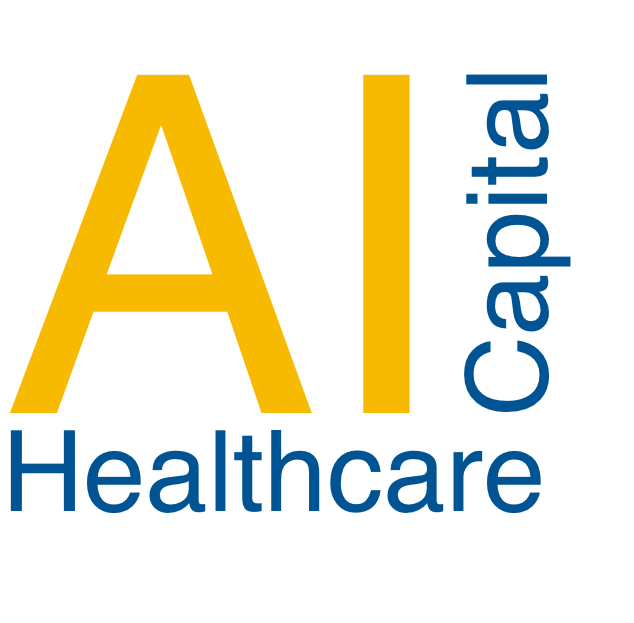By Ori Kitov November 3, 2021
In my previous post, I wrote about some key factors any PE or other purchasing entity needs to take into consideration when making an investment in a Hi-Tech company (the purchased company).
One of the things I mentioned was attaching the purchased company’s business plan to the SPA as a representation. By doing so, the investor gets the comfort he’s investing in a real company with a REAL business (if he was misled, he could sue).
Another way an investor can really learn the purchased company business is by conducting a thorough Due diligence. Such Due diligence usually takes weeks (if you want to do it thoroughly and meticulously of course) and consumes lots of effort and resources (lawyers and accountants have to make their living somehow, don’t they? 🙂
Unfortunately, life can be hard sometimes, and not always you’ll have the time (neither the resources) to get a proper Due diligence done before the buzzer sounds. This is even more true when you’re on the quest of purchasing a Hi-Tech company, since the Hi-Tech ecosystem is very agile and deals opportunities can be vanished within minutes.
The Solution – A Non-Reliance Letter
It’s pretty common that a company that has been “on the shelf” for a while, was already learned by a past potential investor (that decided not to go for it), and has already made an encompassing Due diligence report on it (usually the target company pays the potential investor’s legal expenses, and thus, can ask to receive the DD report).
In such a case, The intelligent investor would ask for the DD report in exchange for providing all other parties (i.e. the past potential investor, its lawyers, etc.) a Non-Reliance Letter. In the Non-Reliance Letter the investor shall declare that he is not relying on any detail mentioned in the DD report, and releasing all the other parties from any responsibility regarding the DD report.
This way, everyone is happy. The investor saves lots of time and resources, the past potential investor makes some pocket money, and the company that has been on the shelf for a while makes progress towards a deal.






